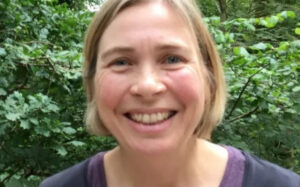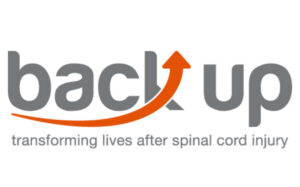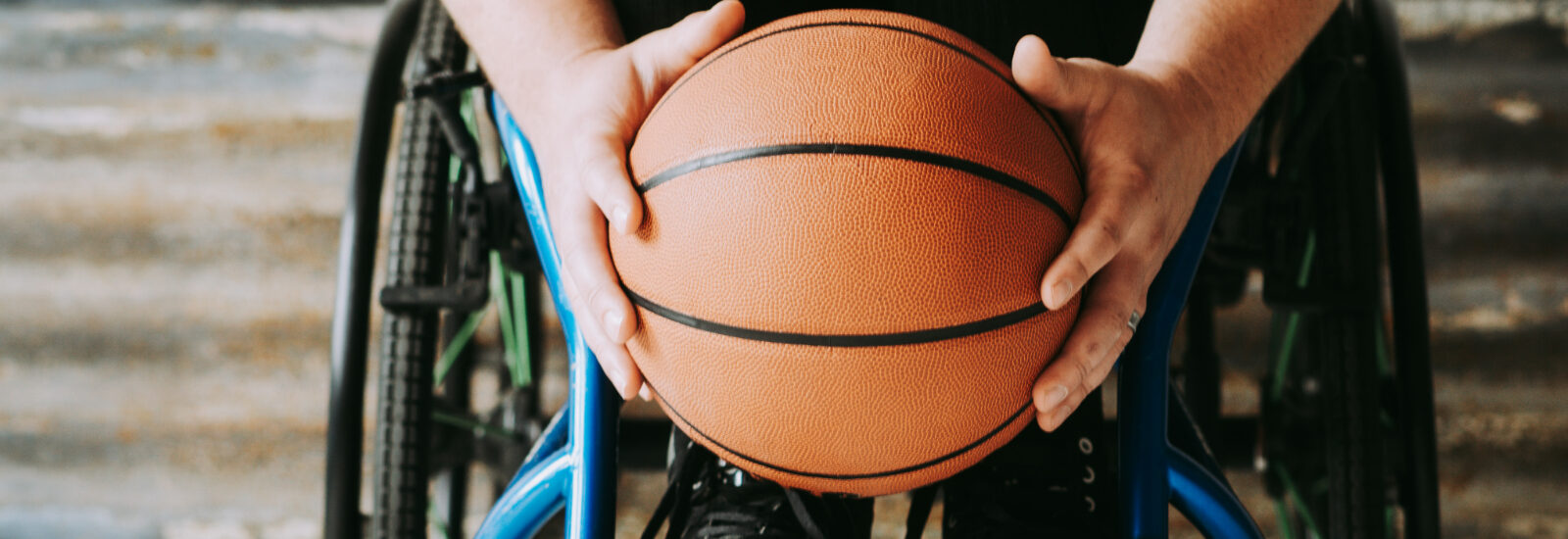To celebrate Volunteering Week, CONNECTED is sharing the inspirational stories of some of our alumni who volunteer. Today, we shine the spotlight on Dr Alison Wheeler who has been volunteering for national spinal cord injuries charity, BackUp, for over 20 years.
 BackUp helps people and their families to rebuild their independence after spinal cord injury. The charity offers a range of services, such as telephone support, wheelchair skills training, mentoring, and courses that aim to increase confidence and independence.
BackUp helps people and their families to rebuild their independence after spinal cord injury. The charity offers a range of services, such as telephone support, wheelchair skills training, mentoring, and courses that aim to increase confidence and independence.
Alison studied with the Charlie Waller Institute within the School of Psychology at the University of Reading and now works as an Associate Professor at the Institute. She initially volunteered as an ‘able-bodied buddy’ on a multi-activity course in the Lake District and then on a water-skiing course in West London. She then trained to be a volunteer group leader and co-led several multi-activity courses in Exmoor and the Lake District over a number of years.
Alison said: “Buddies are part of a team of people on the course who get stuck into the activities and help each other out, whether you have a spinal cord injury or not.
“For the past 16 years, my primary volunteer role has been to support the Peer Mentoring programme. I co-deliver training weekends two or three times a year for new peer mentors [those who have a spinal cord injury or their family members], setting clear expectations for the mentor role and helping them develop appropriate skills. As a volunteer mentor trainer and supervisor I get to meet and support wonderful volunteers who make a significant difference to others.
“BackUp is an amazing charity that I feel proud to be part of and contribute to. From my first volunteering experience with them back in 2001, I saw what a life-changing impact the work of this charity can have on people, and it is truly inspiring to be part of something like that.”
A life-changing experience
When asked about her favourite memory from her voluntary work, Alison recalled leading a group which included a participant who said that he was “up for anything” apart from getting on – or in – the water.
She said: “On the second night, the group was in the pool practising getting into a kayak, getting on the water, and capsizing, in a safe environment before getting out onto the lake later in the week. I encouraged him to come to the poolside in the evening to encourage and watch the others, even if he didn’t want to do it himself.
“After watching for a while he told me he would get changed into his swim things, and might try sitting in the kayak on the side of the pool. He did this, and then agreed for the kayak to go on the water with people holding it on all sides. His confidence grew, though he remained nervous.
“Later in the week he came out on the lake in a kayak, and joined in the whole day paddle trip on the river. When I bumped into him at a BackUp social event a few months later he told me with a sheepish grin that he had recently been water-skiing!
“Not only that, but he had started a new job and was looking into living independently. For him, that course was completely life-changing.”
 BackUp relies on volunteers for the delivery of their broad range of services. Volunteers can get involved in a variety of different ways, from supporting children and young people in education, delivering wheelchair skills sessions, helping out on courses and more. Find out more about BackUp.
BackUp relies on volunteers for the delivery of their broad range of services. Volunteers can get involved in a variety of different ways, from supporting children and young people in education, delivering wheelchair skills sessions, helping out on courses and more. Find out more about BackUp.
If you’d like to find out about volunteering opportunities through the University of Reading, please email our Alumni Volunteering Officer, Rachel Dean.




